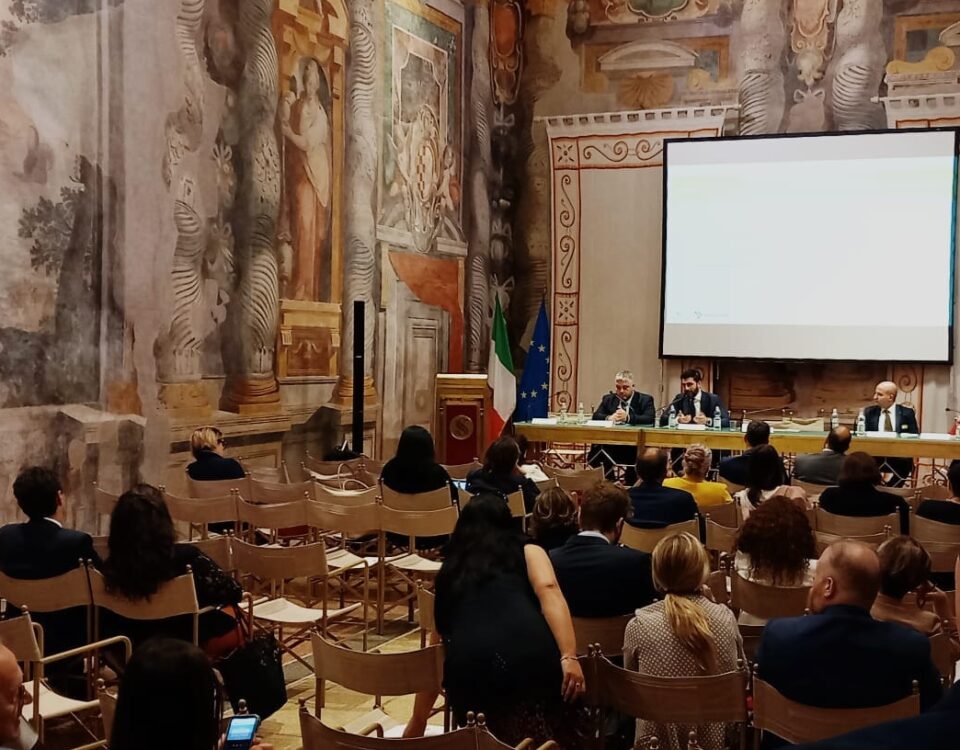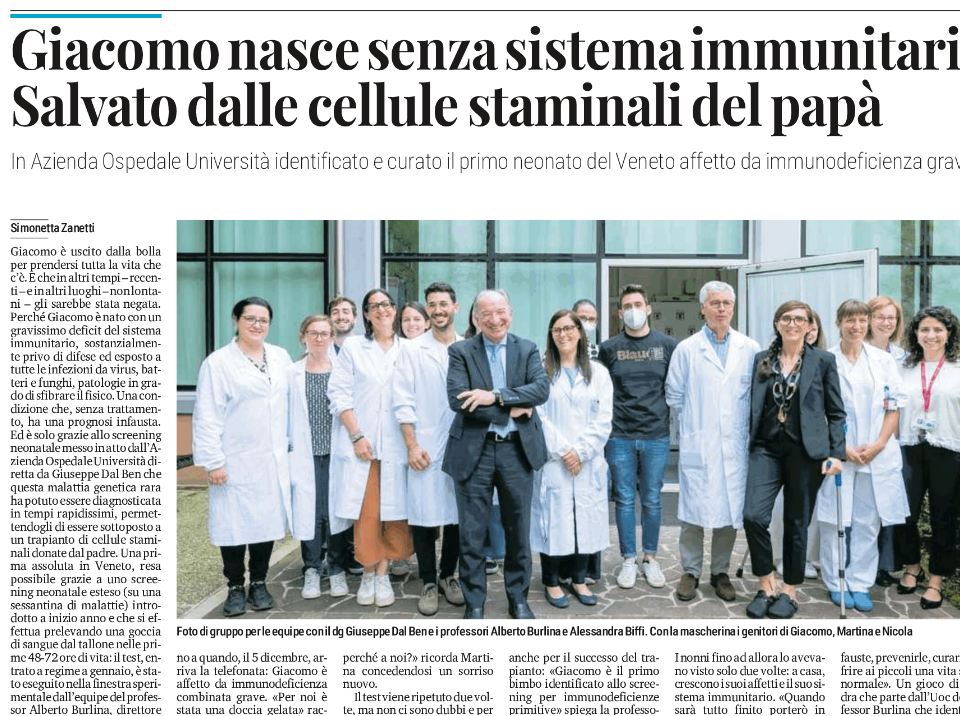Umbilical Cord Stem Cells May Save Infants
18 Maggio 2005Farmaci, da oggi costano di meno
20 Maggio 2005Drug body again recommends against paying for expensive Fabry disease therapy
“TORONTO (CP) – People suffering from a rare and debilitating disease called Fabry‘s experienced another setback Thursday in their fight to get provincial and territorial governments to pay for an expensive drug treatment they believe improves and extends their lives.
A panel that advises governments across the country on whether they should pick up the tab for drugs through their health-care systems recommended against covering the cost of Fabrazyme, a drug which costs in the order of $300,000 a year per patient. The drug is made by Genzyme Canada.
The recommendation was the second time the panel, called the Common Drug Review, recommended against public funding for this therapy. The decision is merely advice to governments, which could choose to override it and pay for this therapy.
The chairman of the Fabry Society of Canada had anticipated the bad news, but promised to fight on.
“We knew that was going to happen,” Ed Koning, a Fabry sufferer from Edmonton, who called the decision a “death sentence” for Fabry patients.
“The fight will continue. And we will still be successful in the end.”
In Fabry patients, an enzyme deficiency causes fats to accumulate in blood vessels which in turn leads to damage of internal organs like the heart and kidneys. It also causes acute pain, often in the hands and feet.
Fabrazyme is one of only two therapies available to treat the condition, which afflicts somewhere between 150 and 300 people in this country. The other is Replagal, which is slightly cheaper than Fabrazyme. The Common Drug Review advised provinces last November that Replagal was not a cost-effective drug.
Patients using the drugs insist they relieve their pain, improve their quality of life and improve their chances of survival. But the Canadian Expert Drug Advisory Committee, a panel of experts that advises the Common Drug Review, said the scientific evidence doesn’t bear that out.
The panel reviewed data from clinical trials conducted by Genzyme, some of which haven’t yet been made public. It said there is no evidence that Fabrazyme has an effect on what it calls “meaningful outcomes” such as rates of death, stroke or heart attack among people taking the drug.
“I’d be surprised if anybody could say that this drug impacts on mortality,” said Dr. Andreas Laupacis, chair of the advisory committee and CEO of the Institute for Clinical Evaluative Sciences in Toronto.
He admitted the decision was very tough – not from the point of view of the evidence, but from the point of view of the people.
“Looking at the evidence before us, it wasn’t hard,” he said.
“(But) it was incredibly hard . . . when you’re aware of the patients’ feelings and the docs that are looking after them, the kind of stories you’re getting. You sort of say to yourself: Did we not get all of the information? But . . . we can only look at what we’re provided with.”
“




